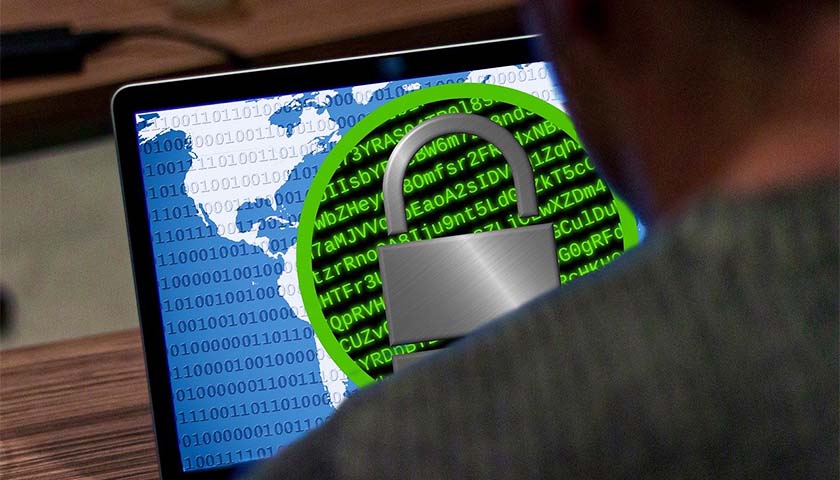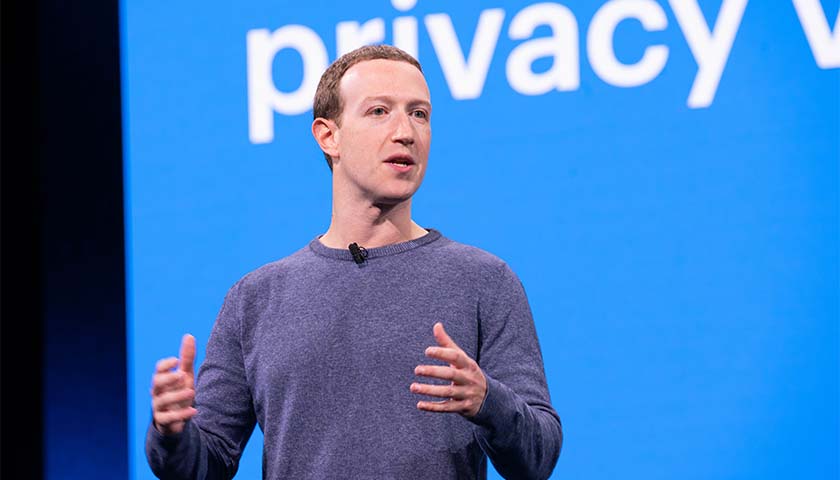There is growing bipartisan concern over the power Silicon Valley’s oligopolies wield over American society. Amazon alone controls 72% of U.S. adult book sales, Airbnb accounts for a fifth of domestic lodging expenditures and Facebook accounts for almost three-quarters of social media visits. Just two companies, Apple and Google, act as gatekeepers to 99% of smartphones, while two others, Uber and Lyft, control 98% of the ride-share market in the U.S. Yet, for government to take robust antitrust action against Silicon Valley requires the kind of data it currently lacks: documenting the harm this market consolidation inflicts on consumers. A new RealClearFoundation report offers a look at how amending Section 230 of the Communications Decency Act to require platform transparency could aid such antitrust efforts.
When it comes to Silicon Valley’s social media platforms, they have long argued that antitrust laws don’t apply to them because their services are provided free of charge. In reality, users do pay for their services: with their data rather than their money. Companies today harvest vast amounts of private information about their users every day, using that data to invisibly nudge their users toward purchases and consuming ads, or the companies simply sell that data outright.
Read More



